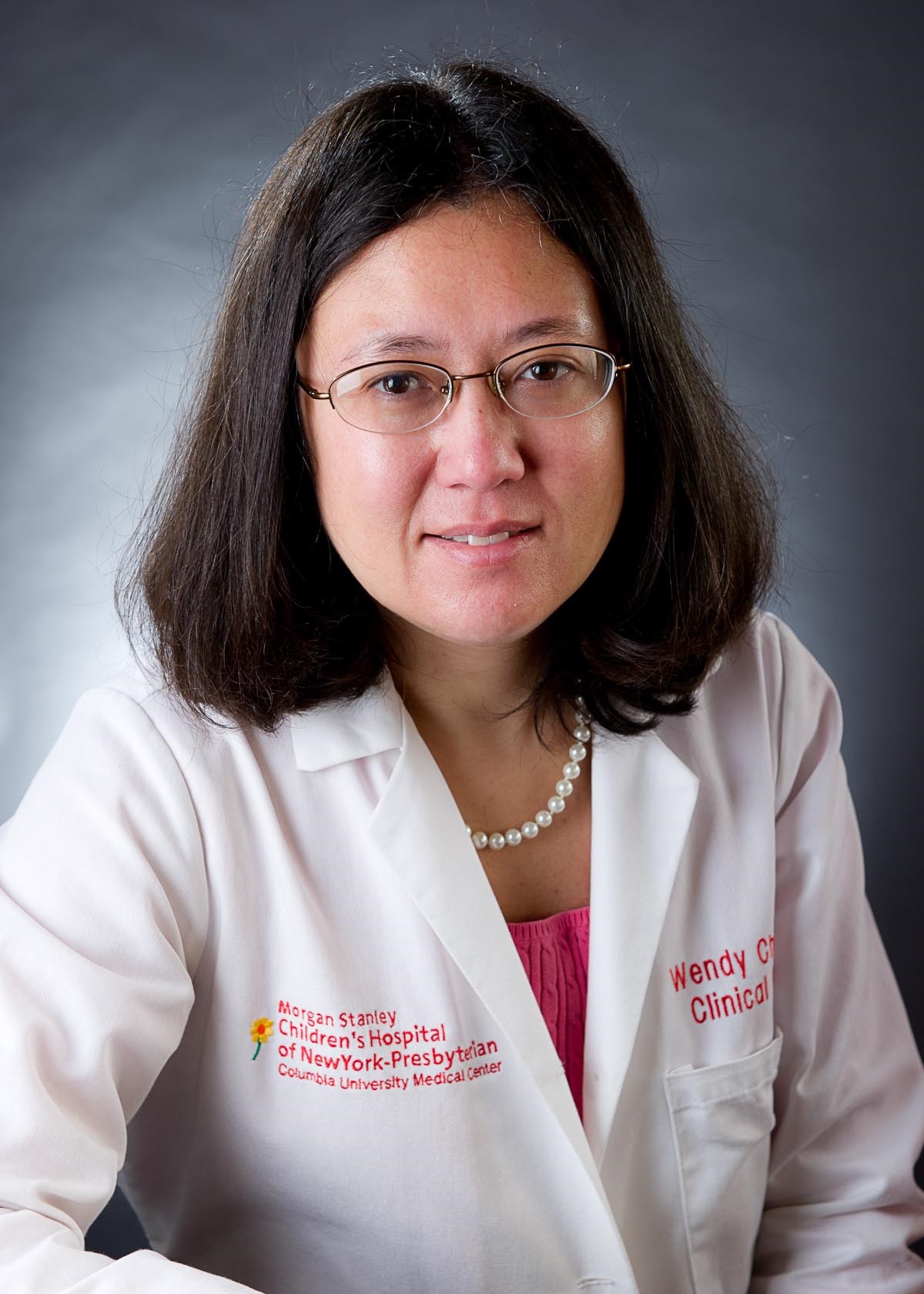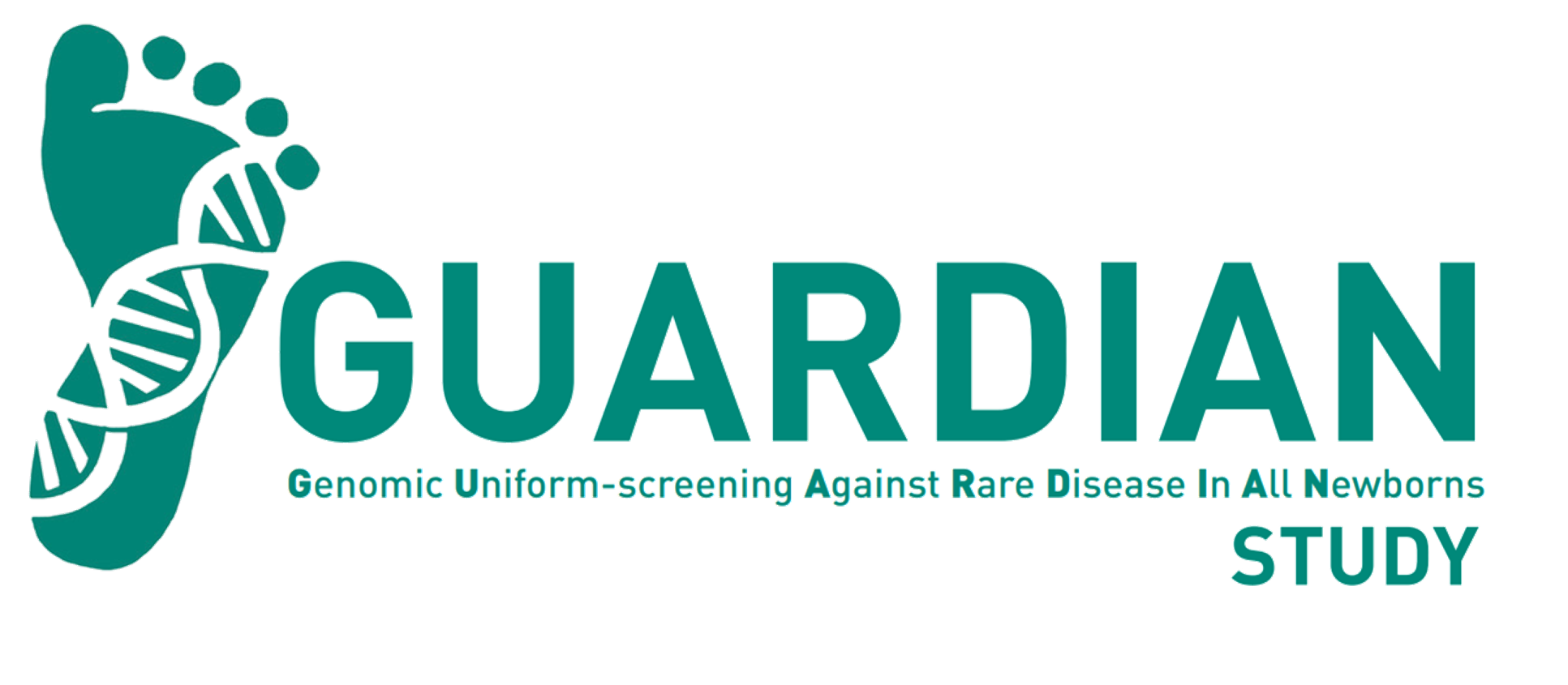Wendy Chung is the Principal Investigator of the GUARDIAN study. She is a clinical and molecular geneticist and the Chair of Pediatrics at Boston Children’s Hospital and Harvard Medical School.
Among her many awards, Dr. Chung was the recipient of the NY Academy of Medicine Medal for Distinguished Contributions in Biomedical Science, the Rare Impact Award from the National Organization of Rare Disorders, and the Presidential Award for Outstanding Teaching. She is a member of the National Academy of Medicine and the American Association of Physicians. Dr. Chung has identified over 50 new genetic conditions and has authored over 600 scientific papers. Dr. Chung enjoys the challenges of genetics as a rapidly changing field of medicine and strives to facilitate the integration of genetic medicine into all areas of health care in a medically, scientifically, and ethically sound, accessible, and cost effective manner.




















